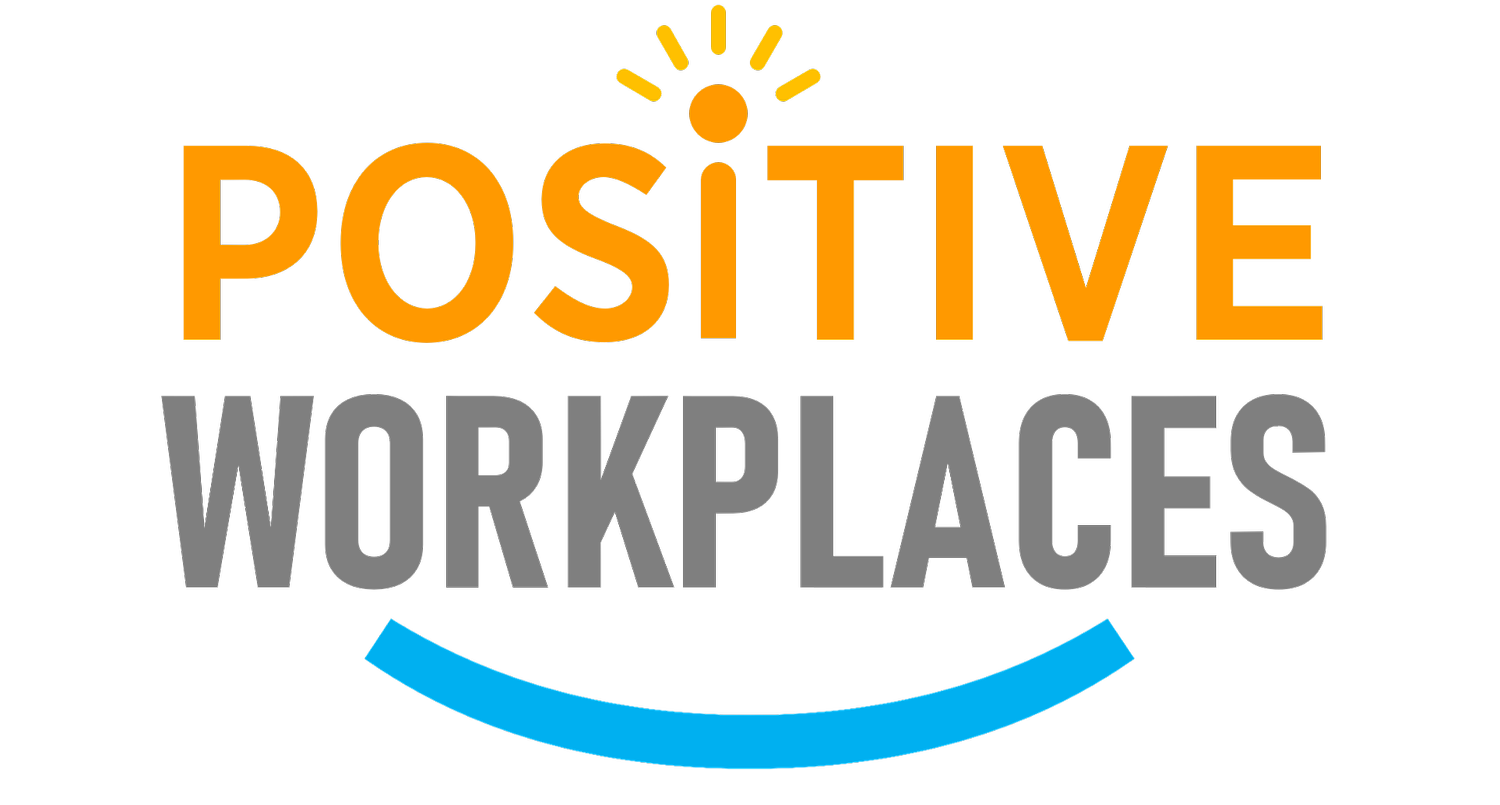Managing Difficult People at Work
CONFLICT IS NORMAL
Everyone has their fair share of managing difficult people, be it a family member who refuses to listen, a friend who doesn’t share the same opinions as you, or a colleague you don’t see eye to eye with. While there are times that these issues get resolved, there are also times when it doesn’t. “Be the bigger person” and just drop it, many would advise, believing that it will settle everything. Depending on the situation and your relationship with the other person, this could work. There are people in your life that, despite not further discussing the issue, both you and they understand and forgive each other. However, there are also those who you have to talk to as it might negatively affect you, the other person, and the environment you are in. As Freud believed, “unexpressed emotions never die. They are buried alive and will come forth later in uglier ways.”
WHY CONFLICT HAPPENS
There could be countless reasons why you would find someone difficult. Below are some common workplace conflicts (Verity, 2019) that many encounter:
Personality differences. When entering a workplace, it is inevitable to meet different people with different personalities and opinions. Our relationships with our coworkers will greatly affect the culture within the workplace, and though we may not always like who we work with, we must acknowledge these differences and find a mutual level of respect with each other for a healthy work environment.
Unclear communication and expectations. Poor communication can lead to misunderstandings that can be difficult to amend in a workplace. Related to this are unclear job expectations. It will be difficult for employees to understand their responsibilities if their training and coaching aren’t done and communicated properly.
Reluctance to change, and unhealthy work habits and environment. Everyone has their own set of habits that they do that can help them perform better. Though we do this to help ourselves, there are times we don’t realize how negatively it actually affects ourselves and other employees, influencing the work environment. People thrive in an environment they are comfortable with, so we must always be mindful of our habits because it contributes to the type of environment we work in. It may be difficult to do, but we must be open to the idea of change.
AN APPROACH TO CONFLICT RESOLUTION, TIPS, AND REMINDERS
Conflict resolution (Scott, 2020) is important and it can be approached in different ways, because it not only helps us find inner peace, but is also an opportunity to mend a relationship and help the other person. As aforementioned, sometimes we have to discuss the issue with the other person, and sometimes we don’t. Managing difficult people (Stibich, 2020) in our life can be tricky, but if we choose to talk to people we find difficult, below are some tips and reminders.
We have to remember to think and be careful with what we will say and what we will do. We are allowed to feel what we feel, and we should remember that our feelings are valid. However, the frustration, anger, and all negative emotions we initially feel aren’t the best things to bring with us when we confront the other person. We should take the time to reflect on it before approaching the other person. Having a “vent buddy” can help us release and understand what we’re feeling, however we should also be mindful of our friend’s willingness to listen and emotional availability.
Once we’re ready, we assess the situation and decide how we want to approach and discuss it with the other person. With this, we also take the time to decide what we need and want from this conversation.
After, we talk about it with them and also do our share by being an active listener when it’s their turn to speak. We have to remember to listen with kindness and to try our best to understand where they are coming from. This will help in agreeing on a compromise that works for us and them. When it is our turn to speak again, we must be aware of what we say and how we say it because it will influence how the other person responds. This also applies with how we respond. We shouldn’t let ourselves be swayed by the other person’s anger and other negative emotions.
Lastly, we shouldn’t let the situation and outcome consume us. There will be days when our talking approach will be successful, and there will be days when they aren’t. If the solution isn’t to our liking, but is the best as of the moment, we respect it and not let it consume us. We should always keep in mind that we did our part and that how people react is beyond our control.
Conflict happens to everyone, and everyone handles it in different ways. There is no best approach to conflict resolution or managing difficult people; it all depends on our situation and relationship. If, however, we decide to discuss the issue, it is always good to keep an open mind and to listen with kindness.











